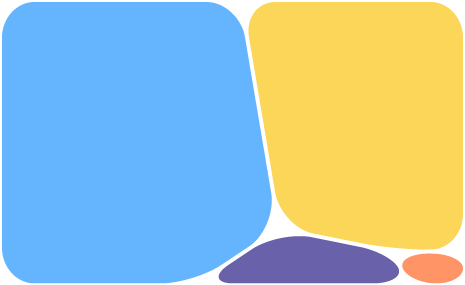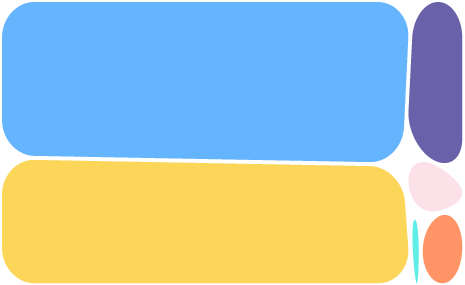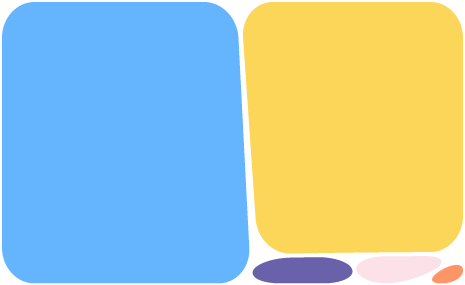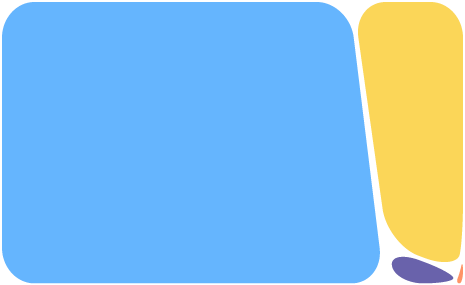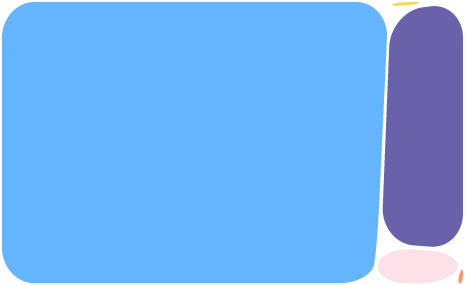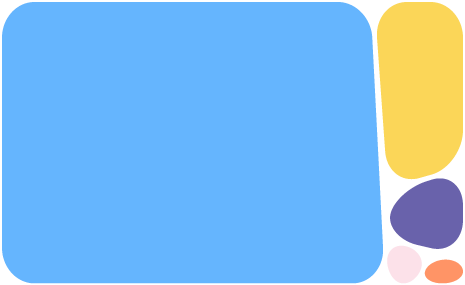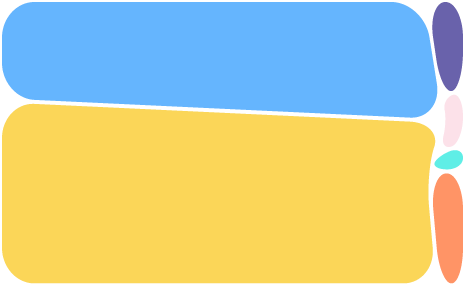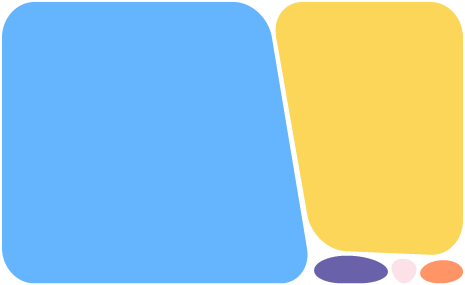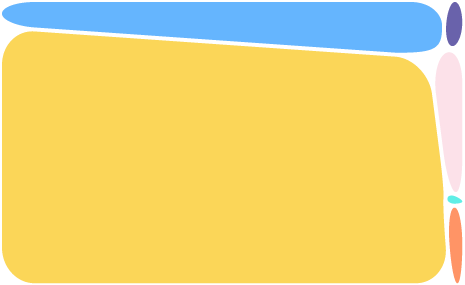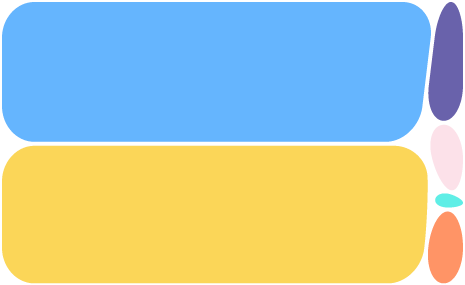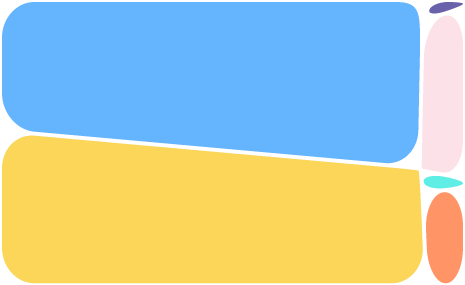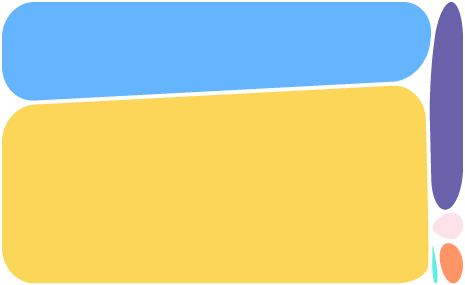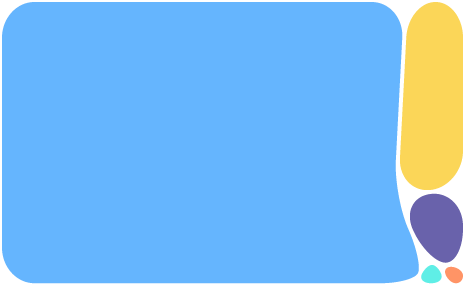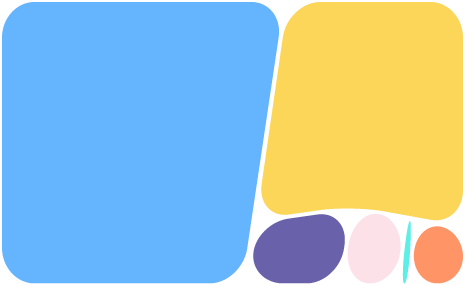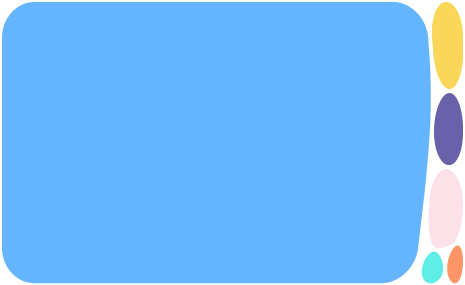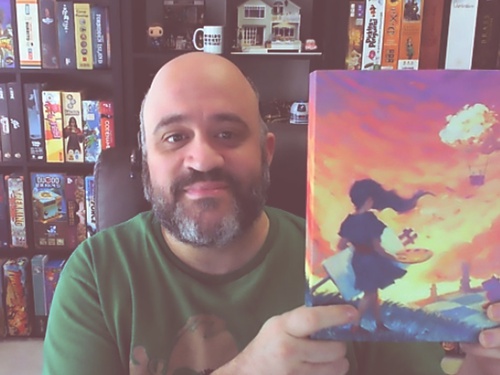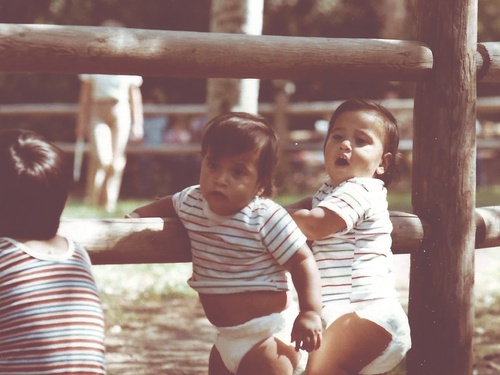J. and I share 2 segments of the genome. He told me that his parents are from Guyana, they met there and moved to Canada a year before he was born. They never returned to Guyana, because if they did they would be arrested: they fled a country with many war stories where the archives and documents were erased and often the stories of the people who were born there are forced to be forgotten.
J.'s grandparents are also from Guyana but he heard that his great-grandparents probably came from Portugal and Ireland - I was paralysed for moment imagining this migration, from Portugal to Guyana, more than 100 years ago… Where is this story? How can we have access to it over there? I am delighted to know that even if it is not written, painted or engraved, it is in the segments of the genome we share, DNA crosses so many borders, it exists in our history of migrations, wars, life changes, crossing borders, encounters and mismatches.
J. took the test because he was curious, precisely because he never went to Guyana, because he knew little about the path of his ancestors. He discovered some relatives in these tests but he already knew they were his relatives, as if the test results provided a confirmation for what he already knew.
I shared with him that I took tests in two different companies and that they gave me slightly different results and that I felt relieve because the first result said that I have 98% of European DNA incidentally in Portugal, the second expands a little and can map some segments of the genome of north Africa, Italy and Ireland.
J. collects board games and I had to tell him that I collect collectors. He told me that he still has his childhood games and that now he plays with his children those same games from his childhood. I told him that I ask the collectors I meet to tell me their life story from the objects they keep. Board games are undoubtedly a chronological map of J.'s life: his life story can be told from the hundreds of games he keeps and plays. He showed me a game, Canvas, a recent game that is very special because it is about painting, and the game box has no information other than a drawing, and the box is ready to be hung like a painting - a game that when it is not being played it is a painting on a wall. I told him about Tehching Hsieh, an artist that I admire a lot, for what he taught me in relation to archive, performance and collection. Tehching migrated from Taiwan to the USA, and became known for his works “ONE YEAR PERFORMANCE”. For a year Tehching lived in a cell where he did not speak, did not read, did not hear, could only think. For him this was his act of creation - thinking.
I asked J., as I asked everyone I met, what Belongingness means to him - you can hear his answer on the sound button down below – but J. asked me what it meant to me. I shared a sensation with him, when I eat grapes, especially if I pick an old one that is sweeter, I immediately refer to my childhood in the land of my parents and grandparents at harvest time. The greatest pleasure in harvesting is to be able to eat grapes all day. That taste, that taste reminds me of those days of intense work in which the smell of sweet grapes does not leave our bodies and now our memories.

